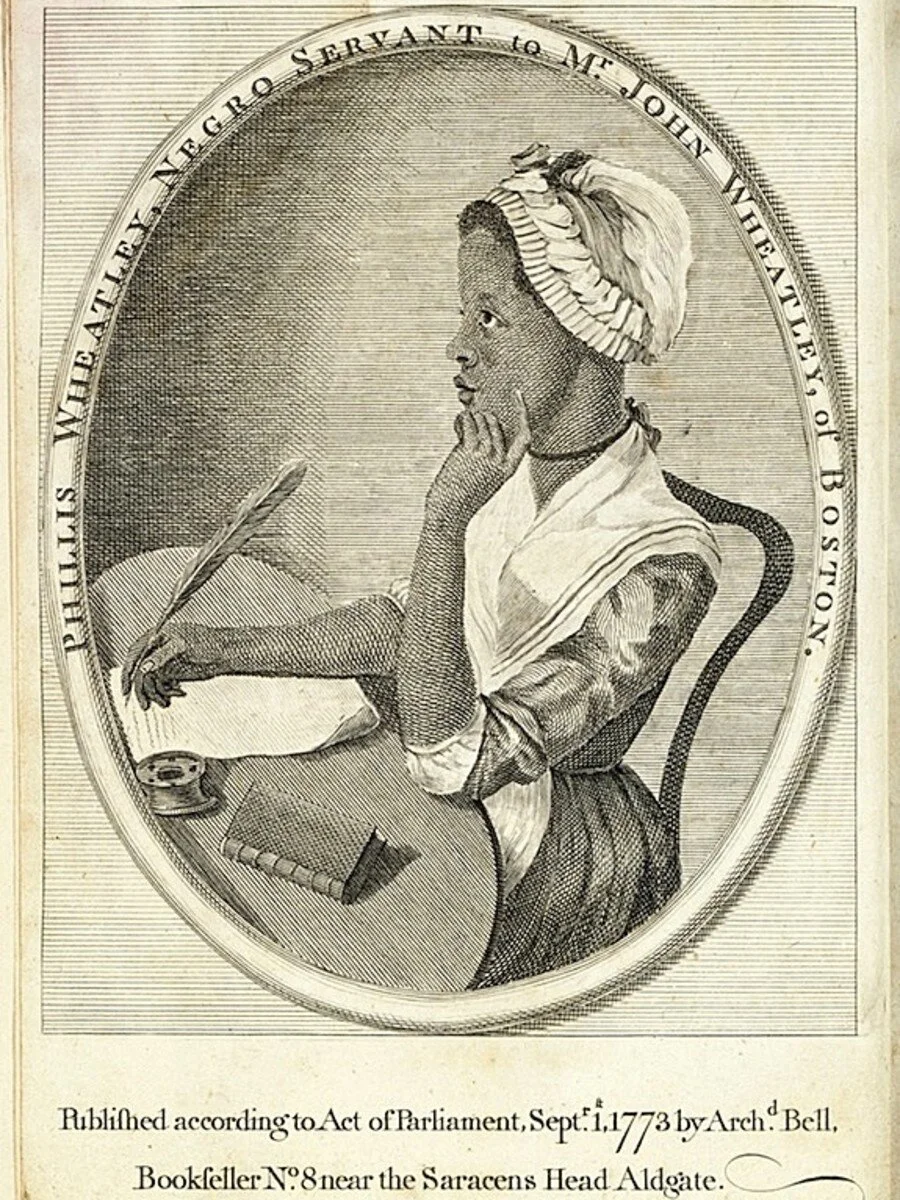Joel Augustus Rogers
Joel Augustus Rogers 1880 - 1966
A historian through and through, Joel Augustus Rogers is best known for chronicling the history of Black and brown people globally. In addition to his seminal work “100 Amazing Facts About the Negro With Complete Proof,” Rogers’ contribution to the canon of Black historical literature includes the following:
• World’s Great Men Of Color Volume 1
• World’s Great Men Of Color Volume 2
• From “Superman” to Man
• As Nature Leads
• Your History
• The Real Facts About Ethiopia
• Nature Knows No Color-Line
• The Ku Klux Spirit
• Sex and Race Volume 1-3
• The Five Negro Presidents
• Africa’s Gift to America
Rogers’ literary interests were sparked by his father, a schoolteacher and Methodist minister in Jamaica. However, before migrating to the States in 1906, Rogers served in the Royal Garrison Artillery of the British army in Port Royale, Jamaica. Three years after arriving in the States, Rogers enrolled in the Chicago Art Institute and eventually made his way to Harlem, the mecca of Black creativity, where he networked with prominent Black activists, writers, and journalists.
These connections propelled Rogers’ career in journalism. He began for various news publications. Rogers’ greatest achievement as a journalist was his coverage of the Italian occupation of Ethiopia. One of the papers Rogers wrote for, The Pittsburgh Courier, sent him – the only Black journalist on the ground. While there, Rogers interviewed Ethiopian Emperor Haile Selassie.
In his “History Shows” column with the Pittsburgh Courier, Rogers explained his motivation for researching and spreading Black history in his writing:
“For 300 years, the Negro in America has been told he is a nobody. Results: a large majority has, even without knowing it, an inferiority complex, which can be overcome only by knowing the other side of the story.For myself … I never had an inferiority complex. … I read the world’s best literature, Shakespeare, Victor Hugo, Goethe, Schopenhauer, Emerson and was, by them, lifted to the heights. But in all my readings, I ran across nothing about great black men. Instead, I was told as a child that black people were cursed by God in the Bible, because Ham had laughed at his father, Noah. Later, I read Thomas Dixon’s ‘The Clansman,’ in which he said, that ‘one drop of Negro blood dulls the intellect,’ and makes one hopelessly inferior. Of course that included me. I had more than one drop—and know it as a colossal lie. But I knew of no great Negroes. So I began my researches.”
























